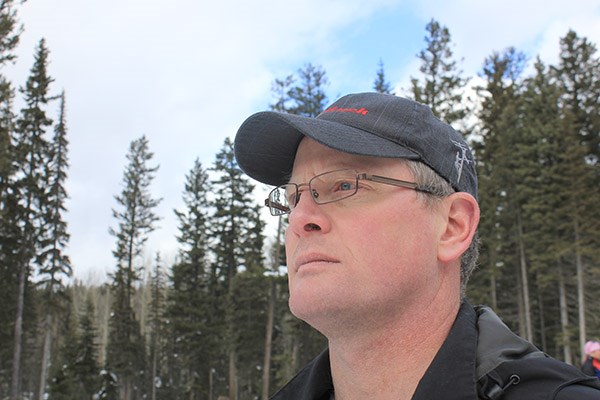I travel a lot. In the space of one week this month, I was in Halifax, Toronto (twice), Montreal and back here to wonderful Squamish. Over the next while, I’ll be in Newfoundland, Toronto again (let’s go Blue Jays!), Texas, England and probably a bunch of other places. While it can sometimes be a real drag shuffling through airports, time zones and hotels, there is one huge upside: I have the opportunity to talk to a lot of different people from a variety of places.
While the folks in San Francisco are, as a rule, very different than the residents of Deer Lake, Nfld., almost everyone I run across has one thing in common – they have a deep passion for wherever they call home. As far as I’m concerned, Squamish is the greatest place on Earth, but many others say the same thing about their corner of the world.
It gets me thinking – who’s right? Well, when it comes to a subjective thing like our favourite colour, restaurant or where we call home, we can all be right. Our views are based on what we like, and since beauty is in the eye of the beholder, we can all like something different.
Facts are different, but in a strange twist of fate we tend to treat them the same as our preferences. Just like picking out a favourite movie, we grab onto various bits of information that make us feel good, align with our political or religious beliefs, or (worst of all) make us feel like we fit in with the crowd, and run with them.
OK, so here are a few facts about the world we live in. We throw away about 30 per cent of the food that we buy (come on, fess up, you have some Tupperware caskets in the back of your fridge). More than 30 per cent of fruits and vegetables grown never make it to the store shelves because they aren’t pretty enough for us picky consumers. If everyone in the world used energy like the average Canadian, we would need four Earths today. Ten per cent of all water used in California is used to grow almonds.
More facts: The chief administrative officer for the District of Squamish was paid more than 97 per cent of other Canadians. After financial services jobs, more people in B.C. work in the construction industry than any other. Americans give to charity far more than Canadians. Even though France has a massive government deficit, one of the first actions of the new government was to lower the retirement age from 64 to 62 years.
Chances are that you’ll read each of these tidbits of knowledge and think one of three things – “Interesting, but who cares?” or ” Wow, that’s crazy” or “I don’t believe it.” But they are all actual accounts of things that happen in our world. Comfortable with everything? Cool, head back to the couch for a nap. Confused, or had your illusions shattered? Get educated. Refuse to believe them? Then wake up. This is the world we live in.
I’ll leave you on a positive note. History is littered with examples of people and societies who decided to change things and did. Japan became the world leader of steel production after being beat up in a world war. An Internet was created. The power of the sun was harnessed. A toxic Howe Sound was cleaned up. Great changes and marvelous improvements can be made, but only if we take action and do it based on facts, not by judging that the facts aren’t true because they disagree with our familiar beliefs. Like the laws of physics, reality always wins, whether we like it or not.



